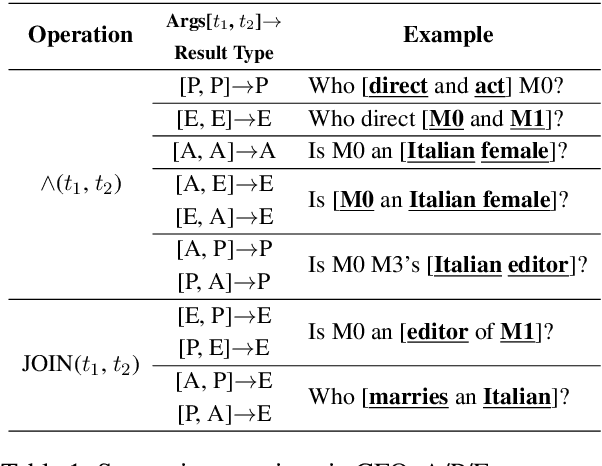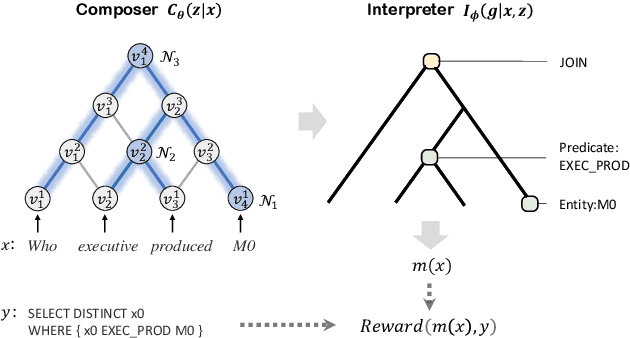Chenyao Liu
Semantic Communication for Internet of Vehicles: A Multi-User Cooperative Approach
Dec 06, 2022Abstract:Internet of Vehicles (IoV) is expected to become the central infrastructure to provide advanced services to connected vehicles and users for higher transportation efficiency and security. A variety of emerging applications/services bring explosively growing demands for mobile data traffic between connected vehicles and roadside units (RSU), imposing the significant challenge of spectrum scarcity to IoV. In this paper, we propose a cooperative semantic-aware architecture to convey essential semantics from collaborated users to servers for lowering the data traffic. In contrast to current solutions that are mainly based on piling up highly complex signal processing techniques and multiple access capabilities in terms of syntactic communications, this paper puts forth the idea of semantic-aware content delivery in IoV. Specifically, the successful transmission of essential semantics of the source data is pursued, rather than the accurate reception of symbols regardless of its meaning as in conventional syntactic communications. To assess the benefits of the proposed architecture, we provide a case study of the image retrieval task for vehicles in intelligent transportation systems. Simulation results demonstrate that the proposed architecture outperforms the existing solutions with fewer radio resources, especially in a low signal-to-noise-ratio (SNR) regime, which can shed light on the potential of the proposed architecture in extending the applications in extreme environments.
Learning Algebraic Recombination for Compositional Generalization
Jul 14, 2021



Abstract:Neural sequence models exhibit limited compositional generalization ability in semantic parsing tasks. Compositional generalization requires algebraic recombination, i.e., dynamically recombining structured expressions in a recursive manner. However, most previous studies mainly concentrate on recombining lexical units, which is an important but not sufficient part of algebraic recombination. In this paper, we propose LeAR, an end-to-end neural model to learn algebraic recombination for compositional generalization. The key insight is to model the semantic parsing task as a homomorphism between a latent syntactic algebra and a semantic algebra, thus encouraging algebraic recombination. Specifically, we learn two modules jointly: a Composer for producing latent syntax, and an Interpreter for assigning semantic operations. Experiments on two realistic and comprehensive compositional generalization benchmarks demonstrate the effectiveness of our model. The source code is publicly available at https://github.com/microsoft/ContextualSP.
 Add to Chrome
Add to Chrome Add to Firefox
Add to Firefox Add to Edge
Add to Edge